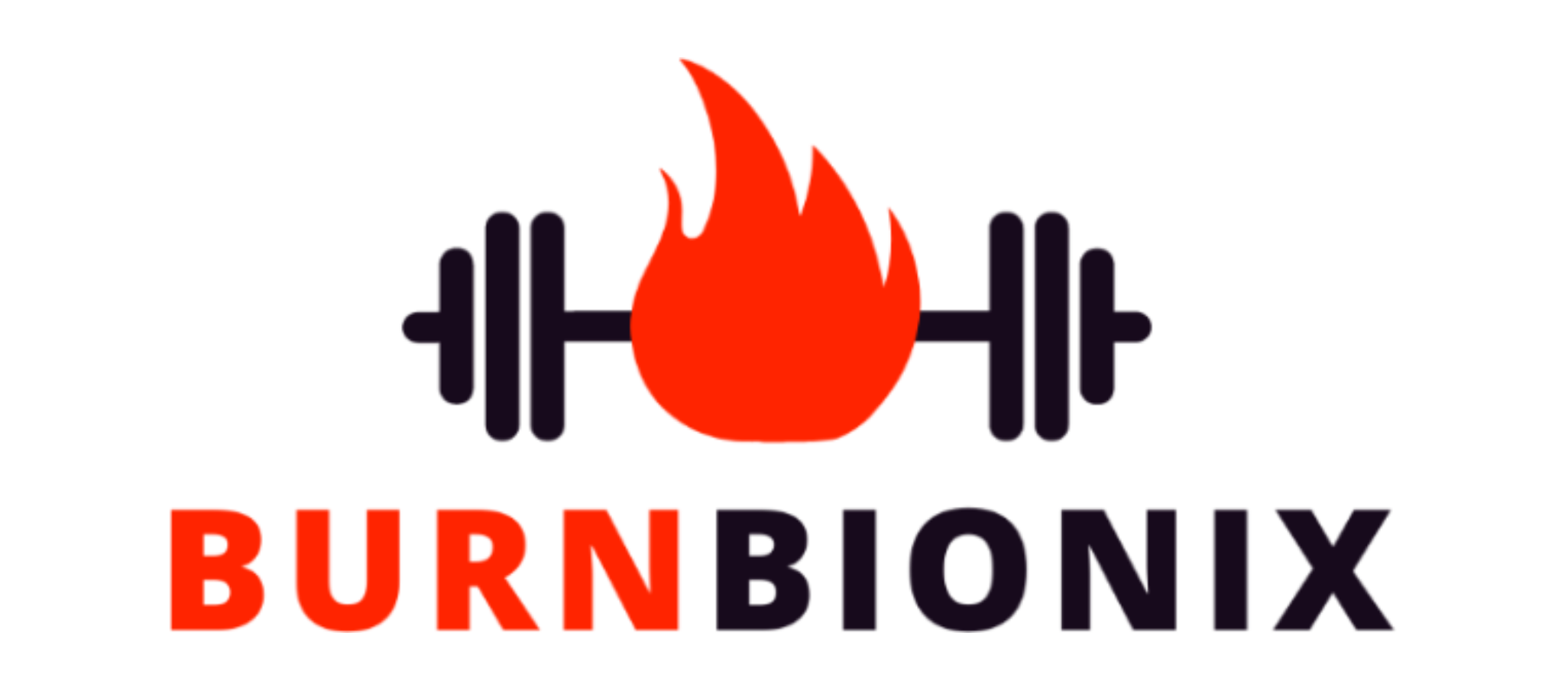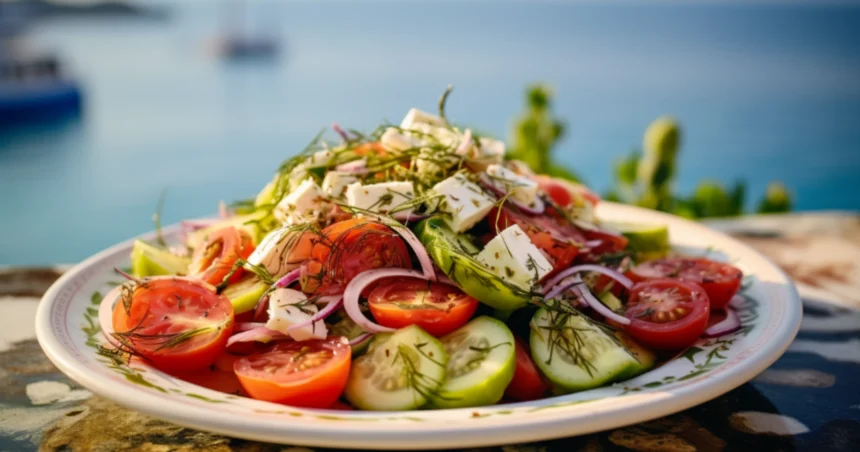Welcome to your new journey towards healthier living with the Mediterranean diet for beginners! This diet, inspired by the culinary traditions of Greece, Southern Italy, and Spain, is more than just a food regimen – it’s an entire lifestyle. Brimming with fresh fruits, vegetables, lean proteins, and heart-friendly fats, it stands out as one of the healthiest diets globally. Why all the buzz? This diet, rich in nutrients, is associated with stronger bones, a healthier heart, and increased longevity. Plus, it introduces you to a delightful way of eating!
If you’re just dipping your toes into this lifestyle, it might seem a bit daunting at first. But fear not! This article presents a practical, easy-to-follow 7-day meal plan specifically designed for beginners. Prepare to relish delicious dishes while simultaneously reaping the health benefits.
Understanding the Mediterranean Diet
The Mediterranean diet has its roots in the sunny shores of the Mediterranean Sea, hailing from countries like Greece, Italy, and Spain. This diet is more of a lifestyle that’s been handed down generations, and it’s no surprise that these regions boast some of the healthiest people on the planet!
So, what’s on the menu? For starters, a rainbow of fresh fruits and vegetables are the stars of the show. Think juicy tomatoes, crisp greens, and sweet berries. Next up, lean proteins. We’re talking about fish and poultry, rich in omega-3 fatty acids and lean, healthy proteins.
Don’t forget the healthy fats! Olive oil and nuts are essential, providing the body with monounsaturated fats that keep your heart ticking along nicely. Then there are whole grains, a source of fiber and carbs for energy.
But wait, where’s the beef? The Mediterranean diet isn’t big on red meat and dairy. They’re not off-limits, but think of them as guest stars, appearing occasionally rather than every day. All in all, it’s a delicious, balanced way to eat, and your body will thank you for it.
Why Start with a 7-Day Meal Plan?
Embracing a new diet can seem daunting, but starting small can make it more manageable. That’s where a 7-day meal plan comes in. It’s like your personal roadmap, guiding you through a week’s worth of Mediterranean meals, and taking the guesswork out of “what’s for dinner?”
For beginners, a weekly meal plan is a blessing. It helps you understand the diet better, gets you in the rhythm of healthy eating, and makes grocery shopping a breeze. More importantly, it helps you develop a taste for Mediterranean foods, turning unfamiliar dishes into new favorites.
General Tips for Following the Mediterranean Diet
As you embark on this Mediterranean journey, keep in mind a few tips to help you navigate the way.
Firstly, portion control is key. While the diet is packed with nutrient-rich foods, remember the age-old saying, “too much of a good thing…” Make sure your plate is balanced, with the right amounts of proteins, carbs, and fats.
Next, hydration is crucial. Water is your best friend on this diet. It keeps you hydrated, aids digestion, and even helps control hunger pangs. So, keep that water bottle close!
Don’t forget about physical activity. The Mediterranean lifestyle isn’t just about food. It’s about staying active too. A walk in the park, a bike ride, or a swim can make all the difference.
Lastly, listen to your body. If you’re hungry, eat. If you’re full, stop. Your body knows what it needs, so tune into its signals.
Following the Mediterranean diet isn’t about strict rules. It’s about enjoying food, staying active, and above all, listening to your body. So, take it slow, enjoy the journey, and trust the process. You’ve got this!
7-Day Mediterranean Diet Meal Plan
Day 1: (Total Calories: 1700)
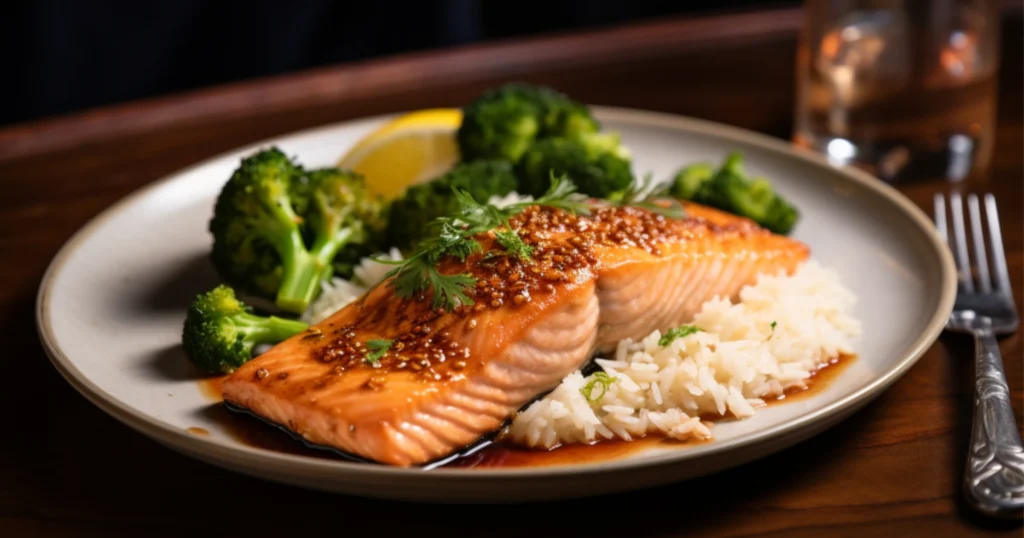
Breakfast:
- Whole grain toast with avocado (250 calories)
Snack:
- A medium apple (95 calories)
Lunch:
- Greek salad with olive oil dressing (400 calories)
Snack:
- A handful of almonds (162 calories)
Dinner:
- Baked salmon with a side of brown rice and steamed broccoli (600 calories)
Snack:
- Greek yogurt with a drizzle of honey (193 calories)
Day 2: (Total Calories: 1725)
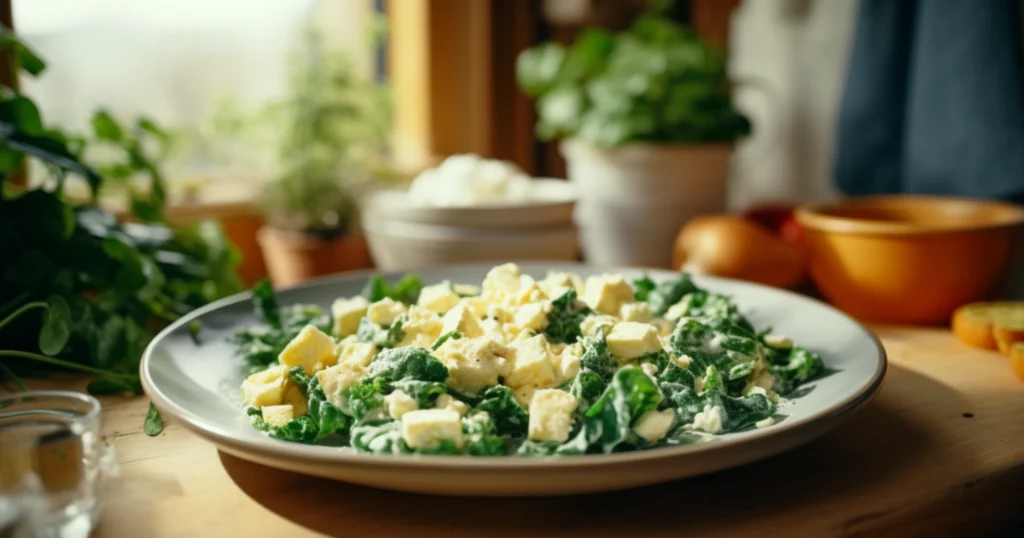
Breakfast:
- Scrambled eggs with spinach and feta cheese (350 calories)
Snack:
- A medium banana (105 calories)
Lunch:
- Tuna salad with lettuce, cucumber, and tomatoes (400 calories)
Snack:
- A handful of walnuts (185 calories)
Dinner:
- Grilled chicken with a side of quinoa and mixed vegetables (600 calories)
Snack:
- A piece of dark chocolate (85 calories)
Day 3: (Total Calories: 1750)
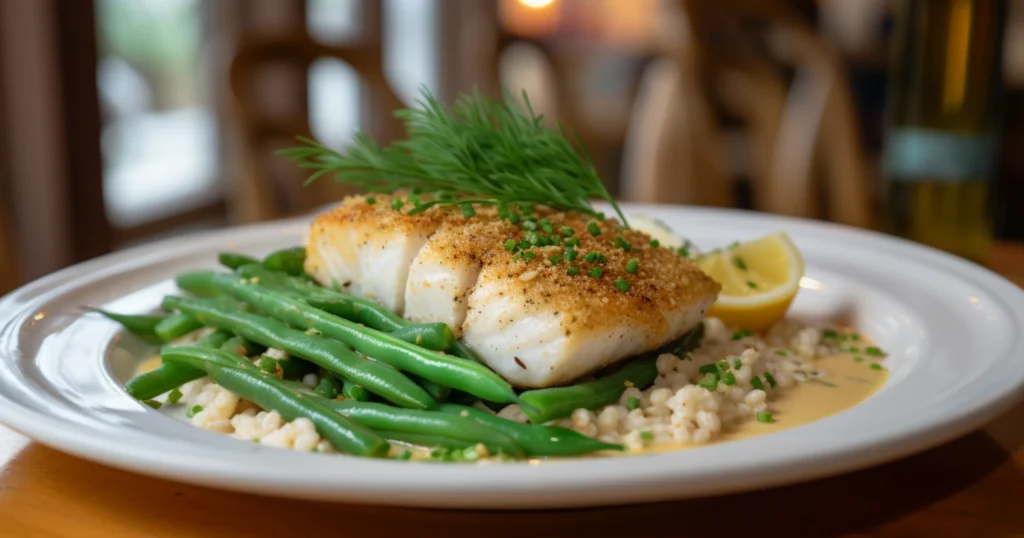
Breakfast:
- Oatmeal topped with fresh berries and a sprinkle of cinnamon (280 calories)
Snack:
- A medium orange (62 calories)
Lunch:
- Quinoa and vegetable salad with a lemon-olive oil dressing (500 calories)
Snack:
- A handful of pistachios (160 calories)
Dinner:
- Baked cod with a side of couscous and steamed green beans (650 calories)
Snack:
- Greek yogurt with a drizzle of honey (98 calories)
Day 4: (Total Calories: 1700)
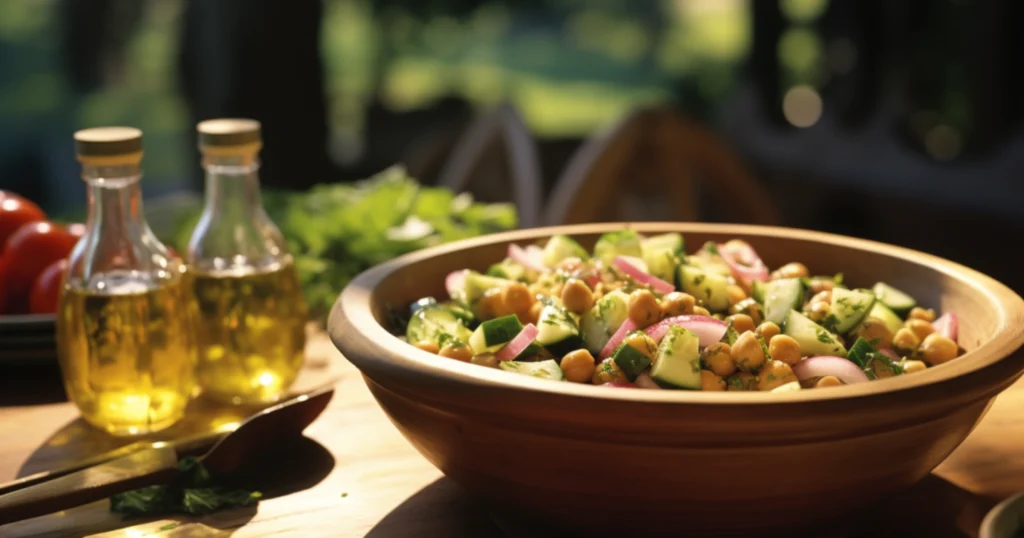
Breakfast:
- Greek yogurt with a sprinkle of granola and fresh blueberries (300 calories)
Snack:
- A medium pear (102 calories)
Lunch:
- Chickpea salad with tomatoes, cucumber, and a lemon-olive oil dressing (450 calories)
Snack:
- A handful of almonds (162 calories)
Dinner:
- Grilled shrimp with a side of brown rice and steamed broccoli (600 calories)
Snack:
- A piece of dark chocolate (85 calories)
Day 5: (Total Calories: 1750)
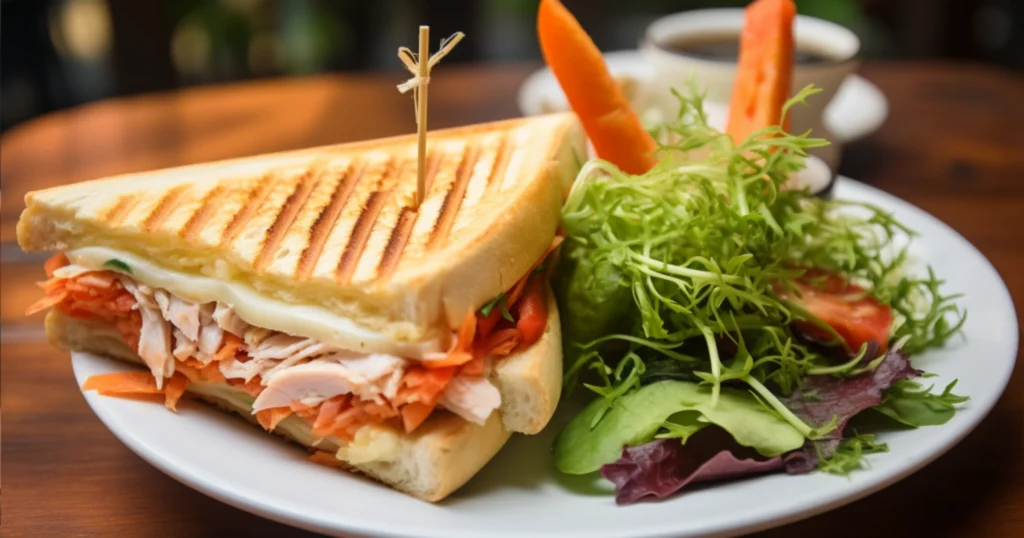
Breakfast:
- Two boiled eggs with a slice of whole grain toast and tomato (350 calories)
Snack:
- A medium apple (95 calories)
Lunch:
- Turkey and cheese sandwich on whole grain bread with a side of carrot sticks (450 calories)
Snack:
- A handful of walnuts (185 calories)
Dinner:
- Baked chicken with a side of couscous and steamed green beans (600 calories)
Snack:
- Greek yogurt with a drizzle of honey (70 calories)
Day 6: (Total Calories: 1700)
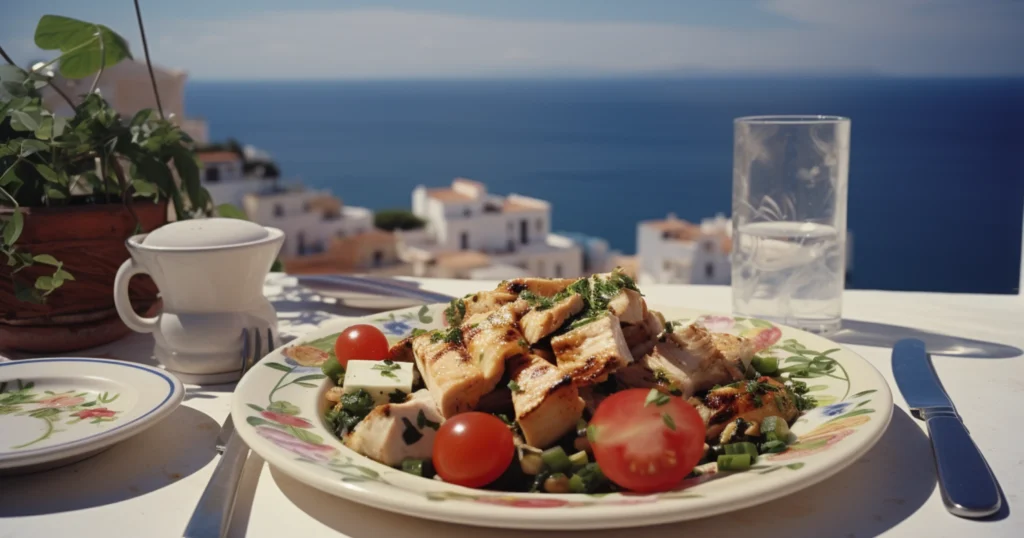
Breakfast:
- Whole grain cereal with almond milk and a handful of strawberries (250 calories)
Snack:
- A medium banana (105 calories)
Lunch:
- Greek salad with feta, olives, and grilled chicken (500 calories)
Snack:
- A handful of pistachios (160 calories)
Dinner:
- Grilled salmon with a side of quinoa and asparagus (600 calories)
Snack:
- Greek yogurt with a drizzle of honey (85 calories)
Day 7: (Total Calories: 1725)

Breakfast:
- Scrambled eggs with whole grain toast and a slice of avocado (350 calories)
Snack:
- A medium pear (102 calories)
Lunch:
- Tuna salad with lettuce, cucumber, and tomatoes (400 calories)
Snack:
- A handful of almonds (162 calories)
Dinner:
- Baked cod with a side of brown rice and steamed broccoli (600 calories)
Snack:
- A piece of dark chocolate (111 calories)
Adapting the Meal Plan for Dietary Needs
One of the best parts about the Mediterranean diet is its flexibility. Vegetarian or vegan? No problem! Swap the fish and poultry for plant-based proteins like chickpeas, lentils, or tofu. Dealing with food allergies? Substitute ingredients as needed. For example, if you’re allergic to nuts, try seeds like sunflower or pumpkin instead.
Remember, everyone’s calorie needs are unique. Listen to your body and adjust portion sizes accordingly. If you’re looking to lose weight, slightly reduce portions. If you’re more active or need to gain weight, consider larger portions or extra snacks.
The key is to make the Mediterranean diet work for you. Customize it to suit your dietary needs and preferences. After all, a diet that fits your lifestyle is a diet you can stick with.
Final Thoughts
Well done on taking the first step towards a healthier lifestyle! The Mediterranean diet, with its emphasis on fresh, flavorful foods, is more than just a diet. It’s a lifelong love affair with food that nourishes your body and soul.
Remember, the beauty of this diet lies in its flexibility. It’s not about perfection, but making better choices one meal at a time. The benefits are numerous: a healthier heart, a stronger body, and not to mention, delicious meals!
